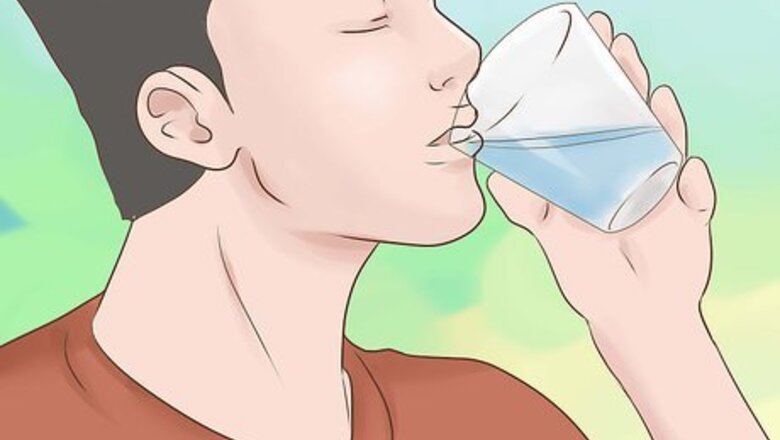
views
Detoxifying Your Diet
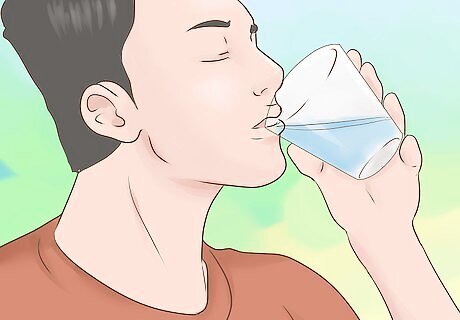
Drink lots and lots of water. The most important thing for a regular kidney detox is to have a high intake of natural, clean water. Having around 8 glasses of water per day (or more if you sweat a lot or are athletic) helps to filter out the accumulated toxins. A good indication that you are getting enough water would be passing clear or pale yellow urine which is not very strong smelling. If the urine is anything deeper than a pale yellow, it means that it is concentrated (which is normal for the first urination of the morning). Passing clear urine is an indication of a clean filtering system. Fluids in the form of colas, coffees, and carbonated drinks are not a good substitute for natural water. Some teas and juices may contain vitamins and minerals that are helpful for your kidneys. However, they may also contain high concentrations of caffeine or sugar, which can be harmful to your kidneys. You can drink detox teas to help cleanse your system. You can find them online here.
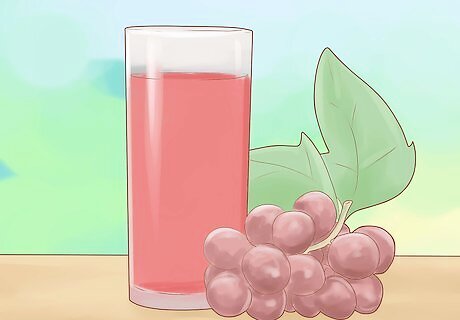
Fill up on potassium-rich fruit. Fruits and vegetables that are rich in potassium aid in cleansing the kidneys. Fruits like grapes, sweet limes, oranges, cantaloupes, bananas, kiwis, apricots, and prunes are all rich sources of potassium. Milk and yogurt are also good sources of potassium. Including these fruits in your daily diet helps maintain the level of electrolytes in your blood, which then keeps the kidney functioning at its optimum. A glass of tart cherry juice consumed daily in the morning or afternoon is known to clear the build-up of excess uric acid, a by-product of kidney filtration. One must have a balanced intake of potassium rich food. Excessive intake of potassium can lead to a condition known as hyperkalemia, which can prove fatal and cause a cardiac arrest. People who have kidney problems like kidney failure cannot have too much potassium. A healthy person is allowed to have up to 4.7 grams of potassium per day.
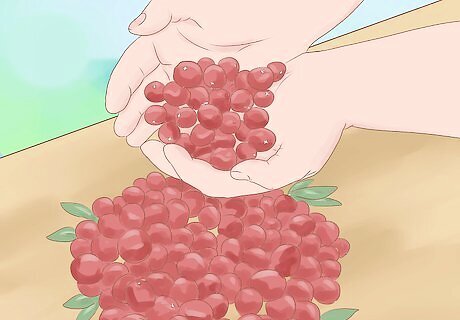
Eat plenty of cranberries. Cranberries help in cleansing the kidney. Cranberries contain a nutrient called quinine which converts itself into hippuric acid through a series of metabolic changes in the liver. Hippuric acid clears the excess buildup of urea and uric acid in the kidneys. A cupful of cranberries is enough to cleanse the kidney each day. Scientific studies have proven that cranberry is also very useful in treating as preventing urinary tract infections as it has antibacterial properties.
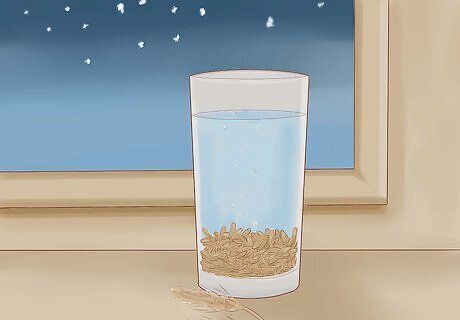
Incorporate more barley into your diet. Barley is an excellent grain that is used to cleanse the kidneys. It may also help prevent damage happening in the kidney due to uncontrolled diabetes. Note that barley is not a cure, but it can be used along with other methods to maintain optimum functioning of the kidneys. Barley is a whole grain, and substituting barley flour in place of refined flours is a good way of including barley in your diet. Another way to get more barley is to soak a handful of barley in water at night and drink the same water first thing in the morning. This cleanses and repairs the buildup of kidney toxins. Regular consumption of barley may also help in maintaining the creatinine levels, or bringing them down to normal in the case of diabetics.
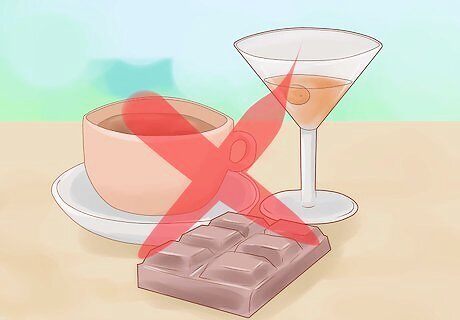
Keep away from things like alcohol, caffeine, and chocolate. Though scientists still argue about this, the possible list of things to avoid includes alcohol, caffeine, chocolate, nuts, and processed foods. These may be bad for your kidneys, and can also have a negative impact on your overall health. Regardless of whether you're detoxifying or not, it may be a good idea to limit your intake of all these things. Talk to your doctor about whether you need to limit your intake of alcohol, chocolate, or caffeine.
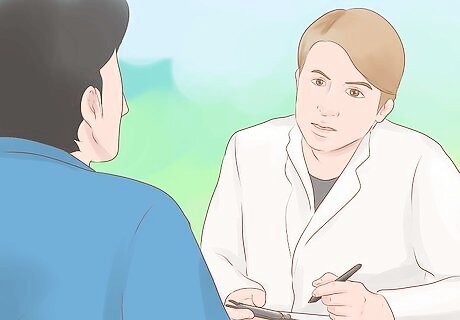
Limit your protein intake if your doctor recommends it. If you have kidney disease, eating a high-protein diet may make your condition worse. Unhealthy kidneys have a hard time filtering out the waste your body produces when it metabolizes protein. Ask your doctor if you should limit how much protein you eat to protect your kidneys. For adults with kidney disease such as chronic renal failure, the National Kidney Foundation recommends limiting the daily protein intake to only 0.8 grams (0.028 oz) per 1 kilogram (2.2 lb) of body weight. So, for the average 60 kg (130 lb) adult man, only 48 grams (1.7 oz) grams of protein is allowed per day. This is roughly equivalent to only 1 slice of pork chop and 1 slice of cheese! Talk to your doctor about this beforehand. Protein is a very important element of your diet and should not be avoided for most individuals.
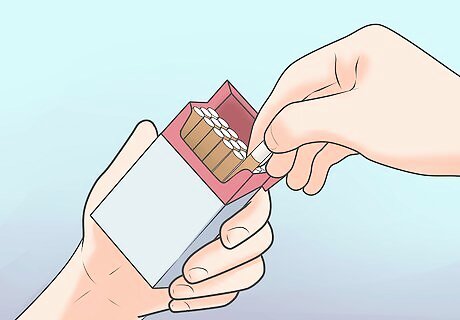
Stop smoking if you are a smoker. Smoking can increase your blood pressure, which can lead to kidney issues. Smoking also has many other negative health effects, so if you're looking to become healthier and detox your body, giving up the cigarettes can help.
Exploring Alternative Medicine
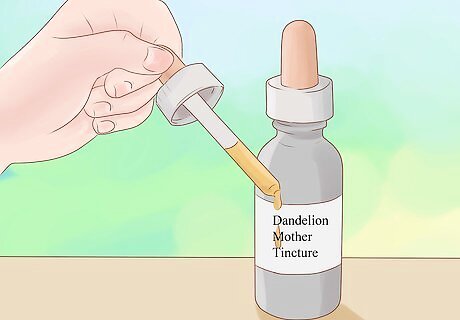
Try dandelion. Dandelion is an herb which is used as a food additive in various preparations like salads, dressings, teas, coffees, and chocolates. Dandelion is rich in potassium and has a diuretic-like action, meaning it helps clear away excess water from the body. Hence, it’s very useful in increasing the urinary output. As a cleansing agent, taking about 10-15 drops of dandelion mother tincture 3 times a day is useful to detox the kidneys and can be safely continued for up to 6 months.
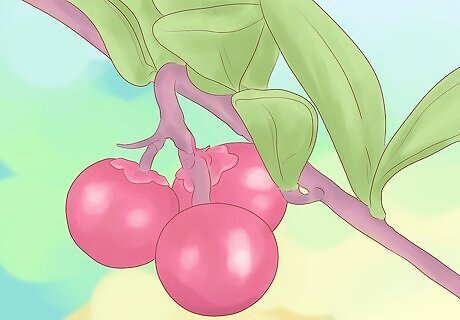
Experiment with uva ursi or bear’s grape. This is an excellent natural supplement for kidney detox. It helps to repair the inflammation and injury caused to the tissues in the kidney as a result of infections or stones. It contains a glycoside known as arbutin which has antimicrobial properties, thereby helping in treating urinary tract infections. It also has a muscle relaxant-like action which helps to bring down the swelling in the urinary tract or muscles. It neutralizes the acidic content of the urine, thereby alleviating the burning pain caused by infections. It is generally safe to take this supplement. However, you should not take it if you are on antipsychotic drugs like lithium. Uva ursi can interfere with the way the body gets rid of lithium. This could lead to a high level of lithium in the blood, which can be toxic or fatal.
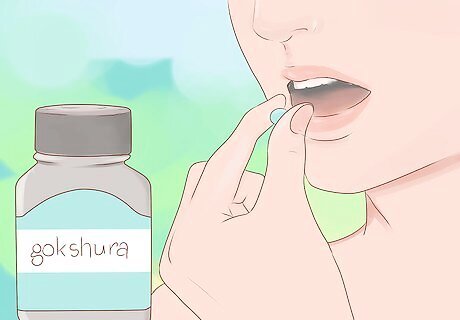
Consider using gokshura. This is an Ayurvedic supplement which boosts kidney health and is beneficial to those who suffer from recurrent urinary tract infections as well as recurrent renal stones. It helps in maintaining the flow of urine and also cools and soothes the urinary membranes, thereby relieving the pain. It also possesses antibiotic properties and may help with bladder infections. A capsule of gokshura can be consumed once or twice a day to maintain renal function.
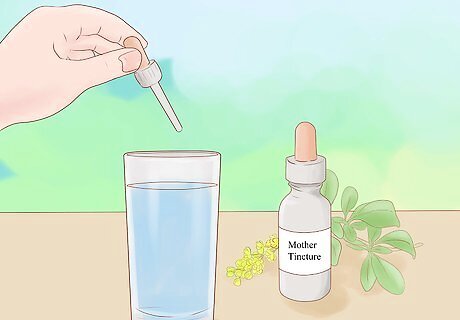
Look into using European barberry. This is an age-old supplement known to flush out renal stones. In homeopathy, a mother tincture prepared from this herb, known as Berberis Vulgaris, may help relieve patients from renal colic. However, the size of the stones should be smaller than the diameter of urethra, otherwise a bigger stone can harm the epithelium of the urethra when it attempts to come out. 10-15 drops of the mother tincture mixed with a little water taken 3 times a day may flush out the stones within a few weeks.
When to Seek Medical Care
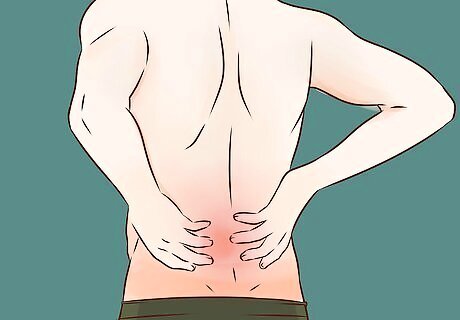
See your doctor if you have symptoms of kidney disease. If you’re concerned that you might have a problem with your kidneys, it’s important to get a medical diagnosis and treatment as soon as possible. Call your doctor immediately if you have symptoms such as: Nausea, vomiting, or changes in appetite Fatigue, weakness, or difficulty sleeping Difficulty urinating or a change in how much you urinate Muscle twitches or cramps Difficulty concentrating Swelling in your feet or ankles Itchy skin Chest pain or shortness of breath
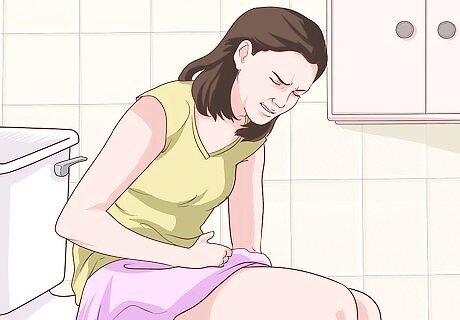
Seek medical attention if you have kidney pain. Pain in your kidneys could be a sign of kidney stones, an infection, or some other serious complication. Call your doctor right away if you have symptoms such as a persistent, dull pain in your side or in one side of your back, a fever, body aches, fatigue, or nausea and vomiting. Let them know if you’ve recently had a urinary tract infection. Call emergency services or go to the emergency room if you have severe kidney pain that comes on suddenly, or if you have kidney pain along with blood in your urine.
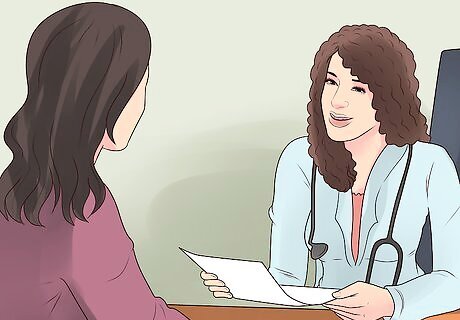
Consult your doctor before making changes to your diet. The dietary needs of people with kidney disease are different from those of people with healthy kidneys. Before you start making changes to your diet, talk to your doctor about the health of your kidneys and find out which foods are safe and beneficial for you. For example, most people can benefit from adding more potassium to their diet, and getting enough potassium may help prevent the development of kidney stones. However, if you have kidney disease, eating foods high in potassium can be harmful.
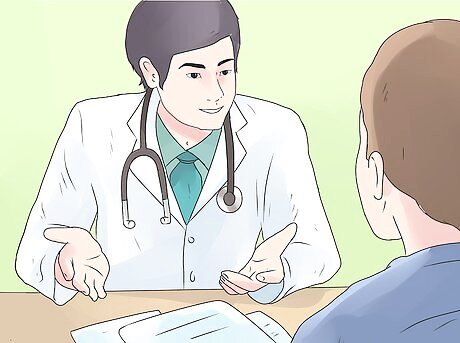
Ask your doctor about taking herbs and supplements. Before taking any dietary or supplement or herb, it’s very important to talk to your doctor about the possible risks and benefits. Some supplements can interact dangerously with medications, and they can also make your condition worse if you already have kidney disease. Ask your doctor if the supplements you’re interested in are likely to be safe or helpful for you. Before trying a supplement, give your doctor a full list of any other prescription medicines, over-the-counter medicines, vitamins, or supplements you are taking. Let them know if you have any other health conditions, since this can also affect which supplements are safe for you. You can find daily detoxification supplements online here. You could also try a cleanse program. You can find a 10 day cleanse online here.
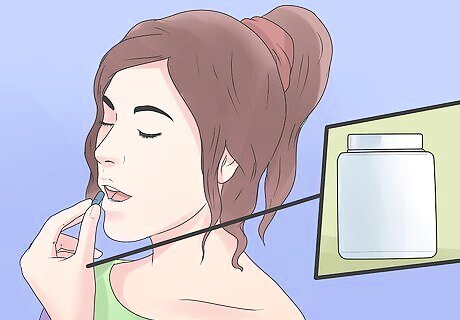
Follow your doctor’s care instructions carefully. If you’ve been diagnosed with a kidney condition or are at risk of developing one, it’s important to work closely with your doctor to make sure your condition is under control. Visit your doctor as often as they recommend for checkups and lab tests, and don’t hesitate to call them between appointments if your symptoms change or you have any concerns. Take any medications as directed by your doctor, and carefully follow their recommendations for caring for yourself at home. They may recommend making changes to your diet and lifestyle along with using medical treatments.




















Comments
0 comment